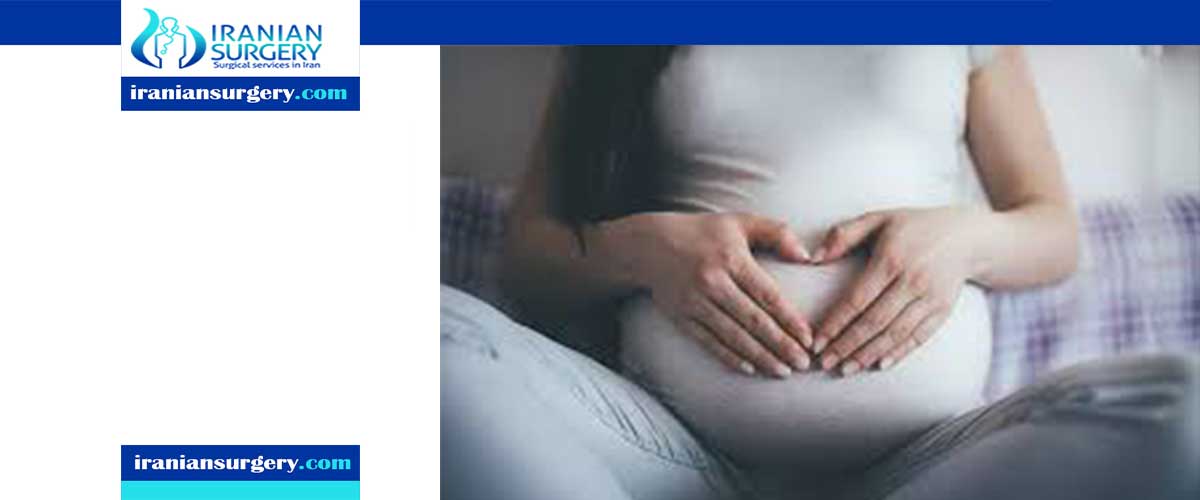1Does ICSI increase birth defects?
The incidence of genitourinary tract abnormalities is statistically significantly increased in children conceived by IVF/ICSI. The findings are consistent with other studies that suggest that patients with subfertility are at higher risk of having a child born with congenital abnormalities.
2Is IVF dangerous for the mother?
U.S. fertility doctors point out that the reasons women undergo IVF may account for the increased risk of death seen in the studies. ... Women who undergo IVF are also usually older than their counterparts who conceive without such assistance. Advancing maternal age is associated with riskier pregnancies
3Does ICSI damage the egg?
Egg Damage
The most immediate concern with ICSI is that in the process of trying to fertilize an egg, some eggs will be damaged. Today, good labs manage to achieve fertilization in 70 – 80% of eggs inseminated with ICSI, and likely about 5% of good quality eggs will be damaged in the process
4Can ICSI cause chromosomal abnormalities?
Studies show that ICSI and IVF lead to a similar percentage of birth defects as babies conceived naturally. However, the ICSI risk of having a baby with abnormalities is very minimal (less than 1 percent). ... Some specific risks for birth defects with ICSI include: Sex chromosome abnormalities
5Are ICSI babies normal?
IVF, ICSI Babies as Healthy as Others. July 2, 2003 -- Babies born with the assistance of the infertility treatments in vitro fertilization (IVF) and intracytoplasmic sperm injection (ICSI) don't face any more health problems than babies conceived by natural means, according to the longest-running study to date
6Is ICSI dangerous?
The risk of an ICSI-conceived child having birth defects is very low, less than one percent. Long-term studies have found some specific risks of birth defects, which may be due to lower quality sperm, including sex chromosome abnormalities, defects in the urinary system or genitals, and other rare syndromes.
7Has anyone ever died from IVF?
Woman dies after routine IVF treatment. ... The bleeding that occurred would not have been unexpected and we can categorically deny that the patient died as a result of haemorrhaging'. Another possible cause of the woman's death could be a rare condition known as ovarian hyperstimulation syndrome (OHSS).
8Can IVF damage your ovaries?
High doses of IVF drugs may cause harm to eggs. ... Hormonal drugs are used in IVF to encourage the ovaries to produce extra eggs, increasing the chances that some will be successfully fertilised and implanted in the womb. One of the biggest hazards of IVF is overstimulation, which can make a woman very ill
9What are the long term side effects of IVF injections?
The hormones are taken daily by injection according to a schedule that typically runs 28 days. Side effects can include hot flashes, mood swings, depression, nausea, breast tenderness, swelling or rash at the injection site, abdominal bloating and slight twinges of abdominal pain
10Does ICSI increase chance of having a girl?
Australian researchers found the odds of a boy went up from 51 in 100 when conceived naturally to 56 in 100. But another assisted reproduction technique called ICSI, which singles out the sperm that will fertilise the IVF egg, makes a girl more likely



